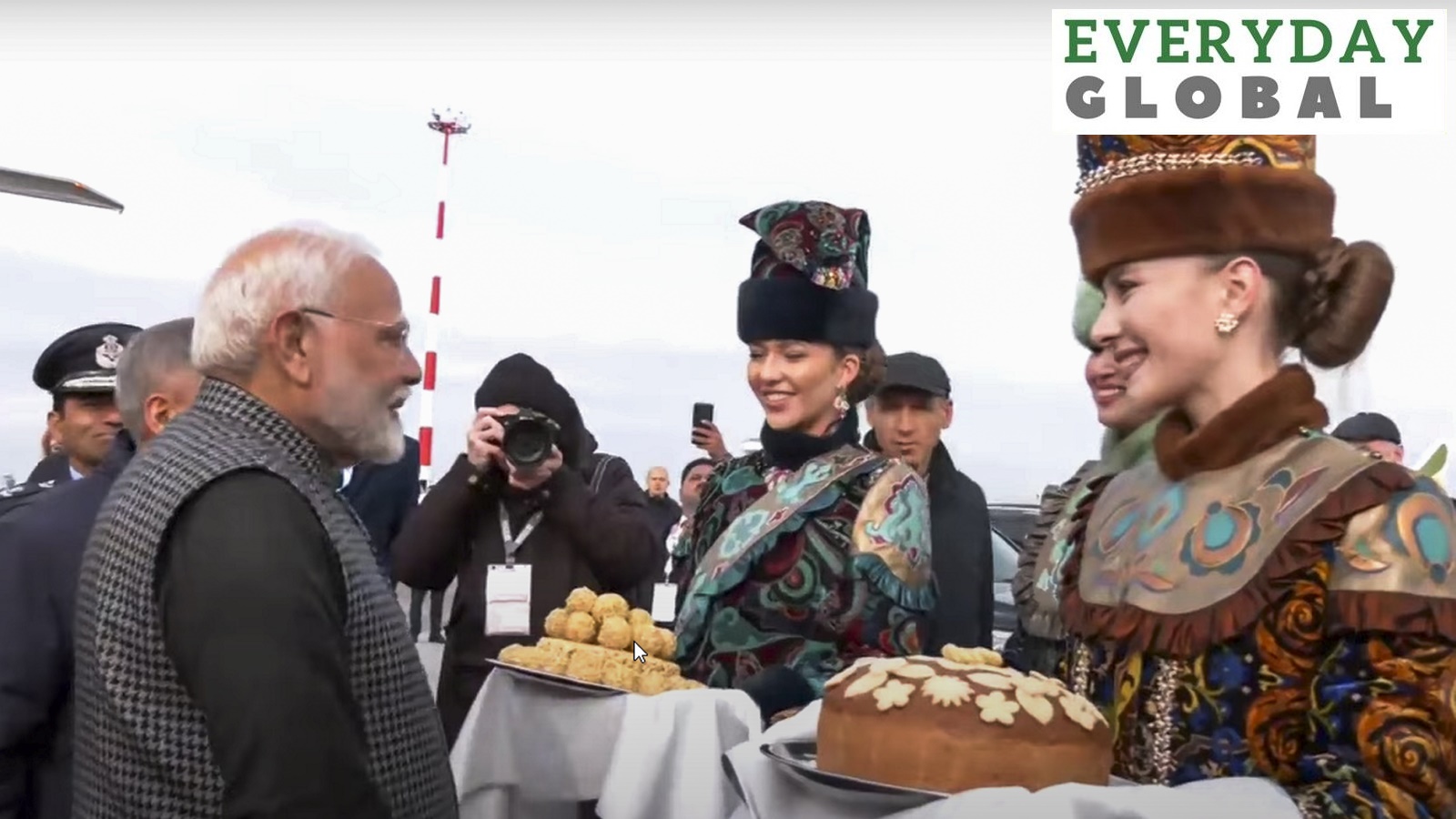 |
|
The 16th BRICS Summit, set to take place in Kazan, Russia, marks a pivotal moment for the influential grouping. As Prime Minister Narendra Modi travels to Russia to attend the summit, the world observes with keen interest the potential implications for India's foreign policy and its role in a rapidly evolving global landscape. The summit, the first since the organization's expansion last year, is anticipated to witness crucial discussions on a range of issues, including economic cooperation, climate change, and geopolitical dynamics.
The BRICS grouping, originally comprising Brazil, Russia, India, China, and South Africa, has emerged as a powerful force representing a significant portion of the world's population and economy. Its recent expansion to include Egypt, Ethiopia, Iran, and the United Arab Emirates has further solidified its influence on the global stage. The expansion signifies a shift in global power dynamics, emphasizing the growing importance of non-Western economies and their desire for a more equitable global order. This expansion has also added a new layer of complexity to the already intricate political and economic relationships within the bloc.
For India, the summit presents an opportunity to bolster its strategic partnerships with key players. Prime Minister Modi's meeting with Russian President Vladimir Putin, following their July encounter, highlights the enduring strength of the India-Russia relationship. Amidst Russia's ongoing conflict with Ukraine and the West's imposed sanctions, India's continued engagement with Russia underscores its commitment to maintaining strategic autonomy and fostering strong bilateral ties. Moreover, the summit provides a platform for potential discussions between Prime Minister Modi and Chinese President Xi Jinping, following the recent disengagement agreement between the two nations along their disputed border. This meeting could serve as a crucial step towards easing tensions and fostering greater stability in the region.
The BRICS Summit's significance extends beyond bilateral diplomacy. It is a platform for collective action on global issues. As the world grapples with climate change, economic instability, and political fragmentation, the BRICS nations are actively seeking to shape the global agenda. India, a leading proponent of multilateralism and a strong advocate for the Global South, is expected to play a key role in advancing discussions on reformed multilateralism, climate cooperation, and building resilient supply chains. The expansion of BRICS, with its diverse range of perspectives and interests, presents a unique opportunity to foster inclusive and equitable global governance.
Source: PM Modi to attend BRICS Summit in Russia: What is the group, its significance for India
